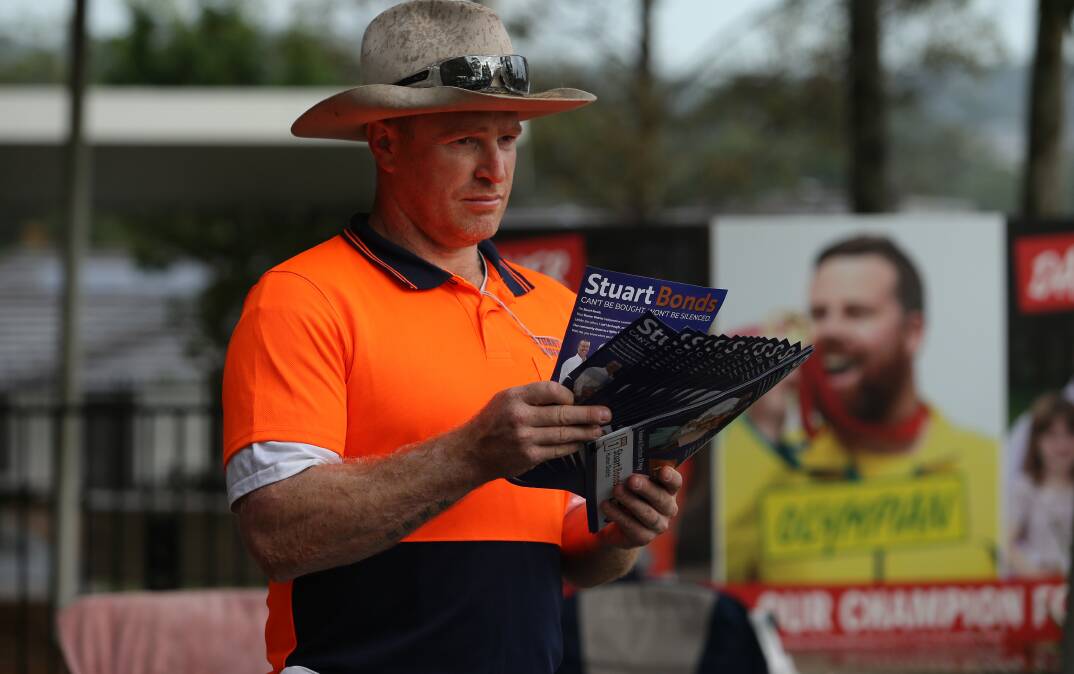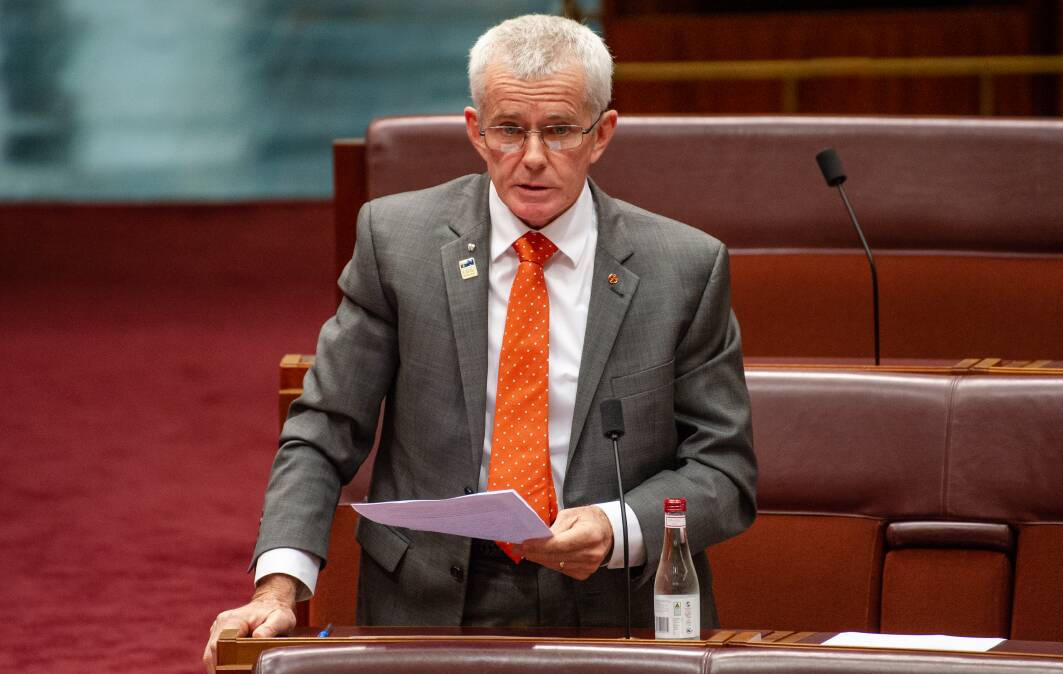
CONTROVERSIES over coal mining labour hire have been aired before a Senate committee examining "equal work for equal pay" amendments to the Fair Work Act, introduced to federal parliament by One Nation Senator Malcolm Roberts.
The Fair Work Amendment (Equal Pay for Equal Work) Bill 2022 was introduced to the Senate in February and lapsed at the end of the previous parliament before being restored in July and referred to the Education and Employment Legislation Committee to report back to parliament by October 24.
A committee hearing in Sydney last Wednesday heard from mineworkers, labour hire firms, mining companies, employer groups, unions and academics.
Committee members taking part included new South Australian senators Fatima Payman (Labor) and Barbara Pocock (Greens), with both asking probing questions about the industry.
The hearing opened with evidence from outspoken coal miners Stuart Bonds and Simon Turner, who repeated the arguments they had made across various forums in recent years, that the idea of higher casual pay was "a myth", that the coalmining award did not allow for casual mine workers, that "casuals" had their rosters set a year in advance and that their pay was tens of thousands of dollars a year less than directly employed people doing the same work.
"You are still looking at a bloke next to you who's getting paid $50,000 a year more just because he has a different shirt on," Mr Bonds said.
"We're told this myth that people get paid 25 per cent or 30 per cent more. I ask you to provide a payslip of anyone who gets paid anywhere near what I'm getting paid as a permanent employee."
Mr Bonds said he knew of people who been "casuals" on permanent rosters on the same job "since Kevin Rudd was prime minister".
The labour hire firms including One Key and WorkPac defended their practices.
Charles Cameron of the Recruitment, Consulting and Staffing Association in turn said the industry was concerned about "the rise of the gig economy".
Peter Acheson, CEO of RGJ Staffing APEJ, said: "Many of these issues, as Mr Cameron has highlighted, are already covered by current legislation or agreements negotiated with appropriate unions, voted by employees and ratified by the Fair Work Commission to comply with the BOOT (Better Off Overall Test)."
When Senator Roberts said "the core issue here is comparative pay", Mr Cameron responded: "I understood before when you mentioned the core issue that it is actually to try to suppress labour hire.
"If it's also about comparative pay, we're very happy to and we're here to talk about that."
Mining companies also defended their use of labour hire, and Minerals Council of Australia CEO Tania Constable cited 2021 Australian Bureau of Statistics data to say that the median income for labour hire mineworkers was $2618 a week and direct employees $2301 a week.
Senator Roberts questioned these figures, and said "permanent casuals" were being abused in the industry.
In contrast to evidence from the mineworkers, Ms Constable and the labour hire firms all said casual workers were used to fill labour shortages.
"We see labour hire as a very legitimate form of employment," Ms Constable said.
"It does help with instances where companies might need surge capacity or access to important expertise that might not be available in their own workforces.
"Businesses, including in the mining sector, are utilising labour hire to complement their own existing workforces, as you heard today, on a short-term basis."
Professor of Law from University of Technology Sydney, Riley Munton, said that as a workplace lawyer she could not "understand why there needs to be so much cost cutting in mining, which doesn't appear to be an unprofitable venture".
"There are all sorts of ill effects that we've seen from that kind of precarious work," Professor Munton said.
"One of them is the matter addressed by Senator Roberts's bill, which is that they can be paid at lower rates of pay. But there are other problems.
"Another is that they are more likely to be casual employees and therefore not entitled to paid sick leave or annual leave.
"They are, as casual employees, also excluded from the normal kinds of training programs that would be available to directly hired staff."
NOTE: This article originally attributed the figures quoted by Ms Constable to a 2018 report, and described them as "average" rather than "median" earnings.

WHAT DO YOU THINK? We've made it a whole lot easier for you to have your say. Our new comment platform requires only one log-in to access articles and to join the discussion on the Newcastle Herald website. Find out how to register so you can enjoy civil, friendly and engaging discussions. Sign up for a subscription here.







